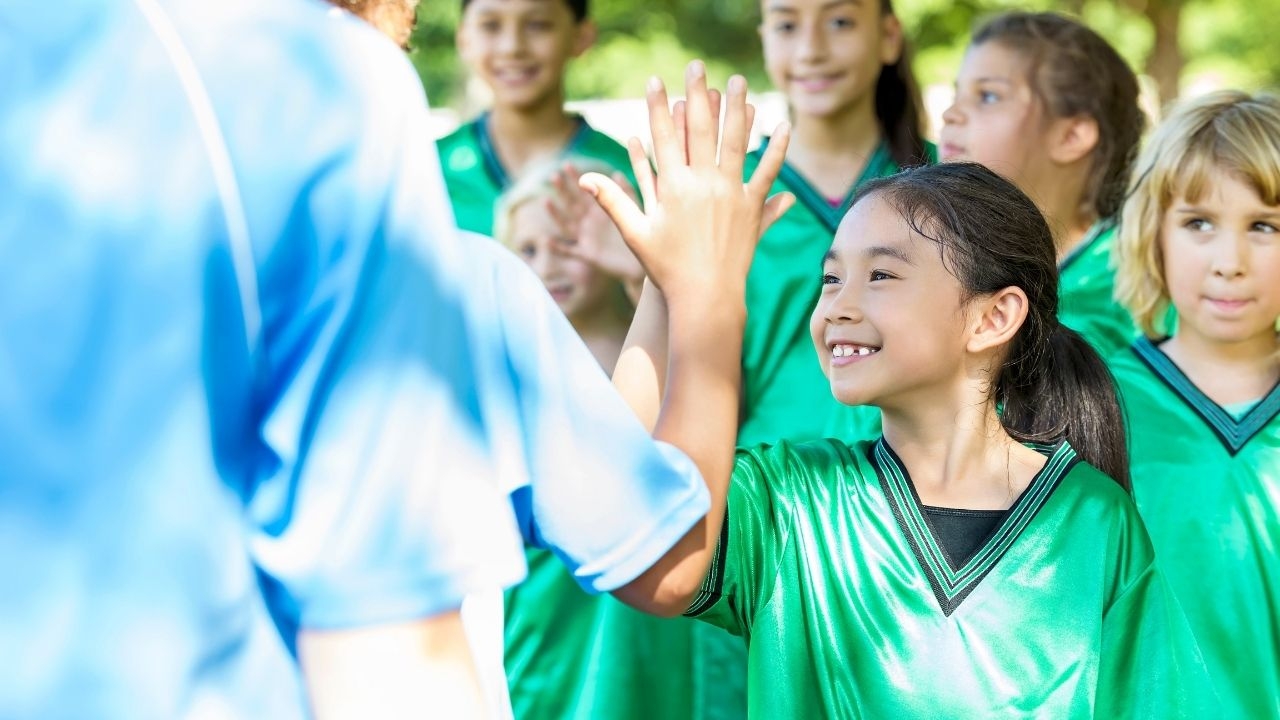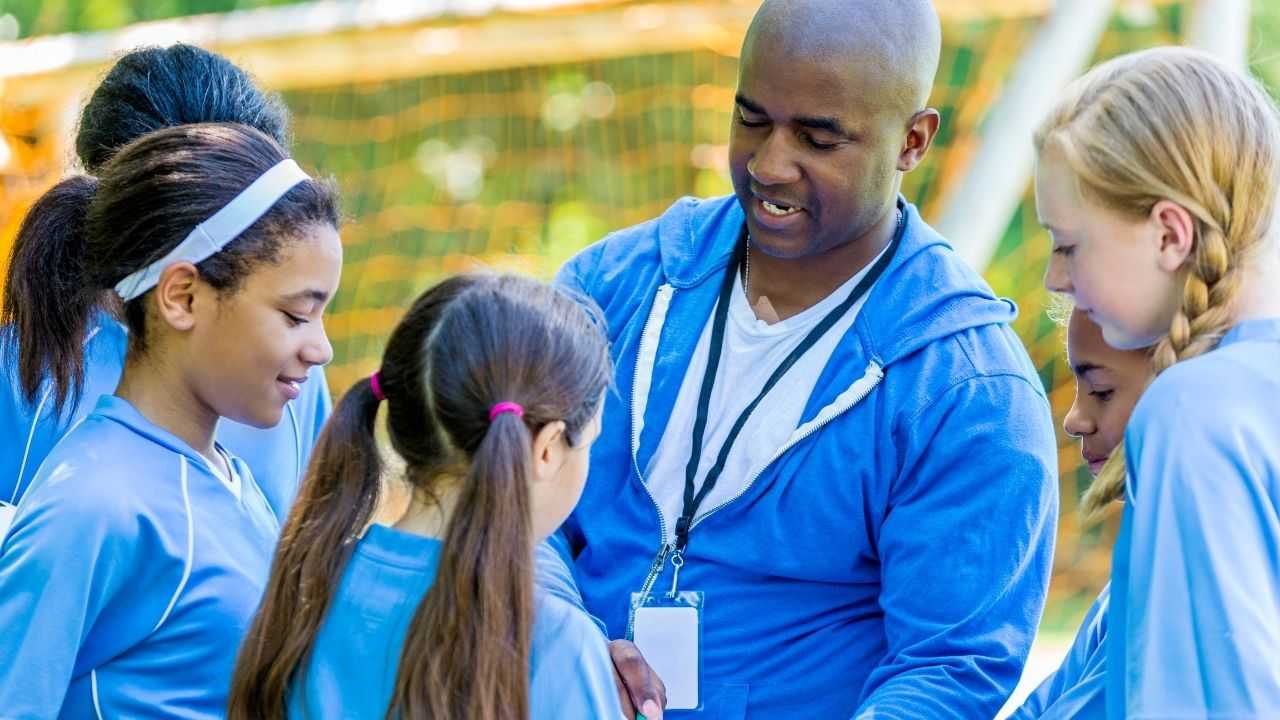How on Earth Are You Going to Remember Their Names?
Why your first order of business as a coach has nothing to do with soccer
Iva-Marie Palmer
| 4 min read

The most important thing you learn this season? Your players’ names.
If that sounds like an oversimplification, think of Dale Carnegie, author of How to Win Friends and Influence People. He writes, “A person’s name is to that person, the sweetest, most important sound in any language.”
As Coach, it’s your job to use that sweet, important sound not only to get a player’s attention, but to recognize, motivate and influence them, on and off the field.
Why knowing names makes you a better coach
USC sociologist Karen Sternheimer writes that remembering a player’s name isn’t just good manners. There are broader implications.
First, it helps to remove a layer of status hierarchy from coach-team interactions. While you want your team to listen to you, you also want them to feel that you are as much a part of the team as they are. So, if they know your name, you should also know theirs.
Second, learning names also bolsters what Sternheimer writes is “informal social control.” Simply put, when kids are not anonymous, they’re inclined to behave in ways that reflect positively on their identities. A player who hears, “Let’s try that again, Julia!” is likely to put in more effort than one who hears, “Let’s try that again, you over there.”
How to remember the names
This is the tough part. A dozen names by day one of practice? Sounds impossible.
But it’s not.
Focus. That’s the advice of Alex Mullen, winner of three world memory championships, the top-ranked memory athlete from 2016 to 2019 and founder of Mullen Memory. (He was the first person in the world to memorize the order of a deck of playing cards in under 20 seconds.)
How do memory athletes learn names? “A simple hack is to repeat someone’s name back to them after hearing it, both to ensure you heard it correctly and to force yourself to focus on the name — and not just what you’re going to say next,” Mullen says. “Combine this focus hack with occasionally testing yourself on the names you’ve learned, and you’re well on your way to solving the names problem.”
The power of association
Memory athletes like Mullen use association to remember all kinds of things.
“First, when you meet someone — let’s say Caren — pick something about her that stands out to you. It could be anything that jumps out: a facial feature, something about her hair, her clothes, her personality,” he says.
If Caren has red hair, it might make you think of carrots. Caren. Carrots. But use your imagination. How you associate a name with a person only has to make sense to you. If Ricardo kicks the soccer ball so hard it ricochets off the goal post, it’s Ricardo and ricochet.
If nothing immediately leaps out, you can also use a circumstantial association. For example, Mullen remembers meeting a man named Steve — who called out to him from his car because he recognized Mullen as “the memory guy.” (Not a frequent occurrence, Mullen admits.) The day was hot so Mullen imagined his car’s hood was like a stove, which he connected with “Steve.”
Make it a team effort
As a coach, you can also lead the team in a game to get names out in the open. Try an ice breaker and participate right alongside the kids. Ask kids to say their names during activities, to help reinforce names for everyone.
Also, when it comes to names and pronouncing them, don’t be afraid to ask. We all fumble pronunciations, on occasion. We all forget names sometimes. It really is the intention and the effort that counts.




